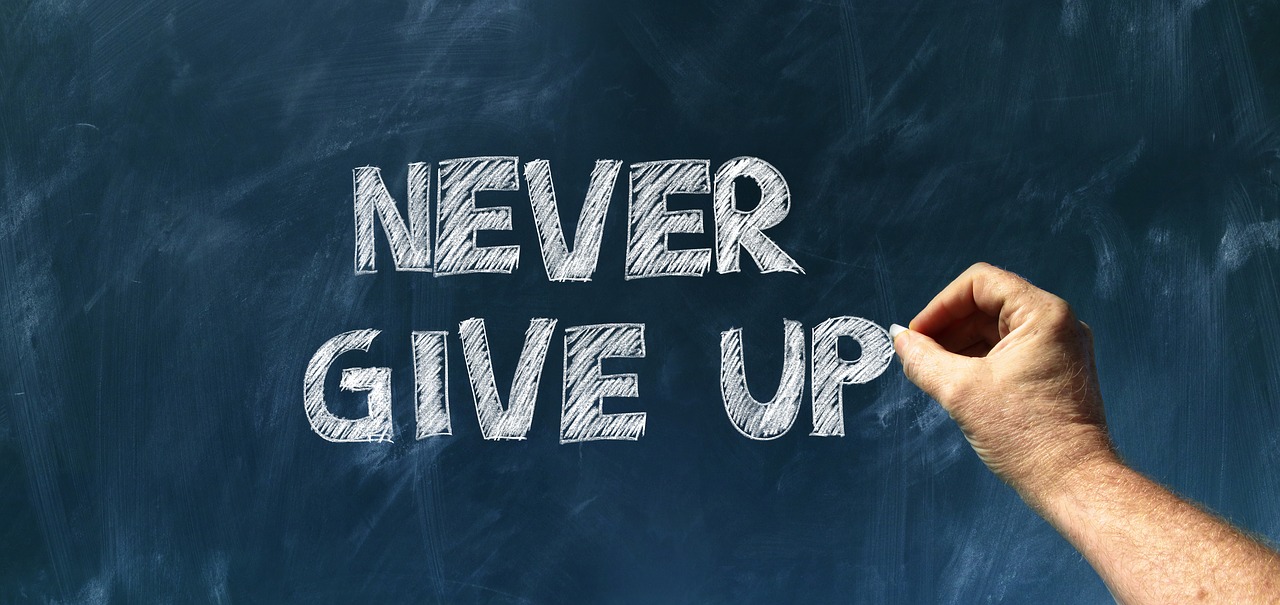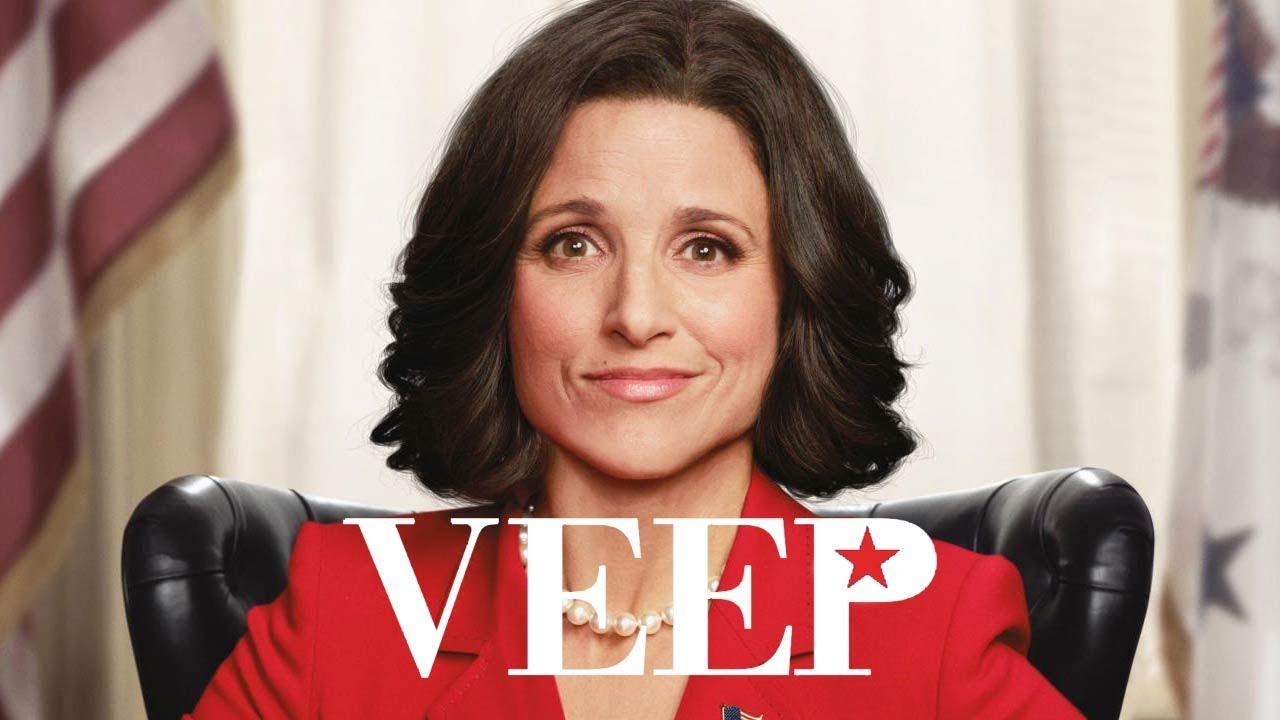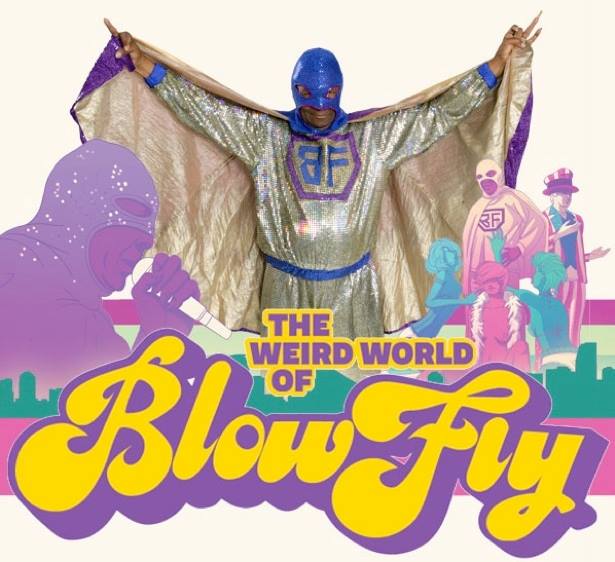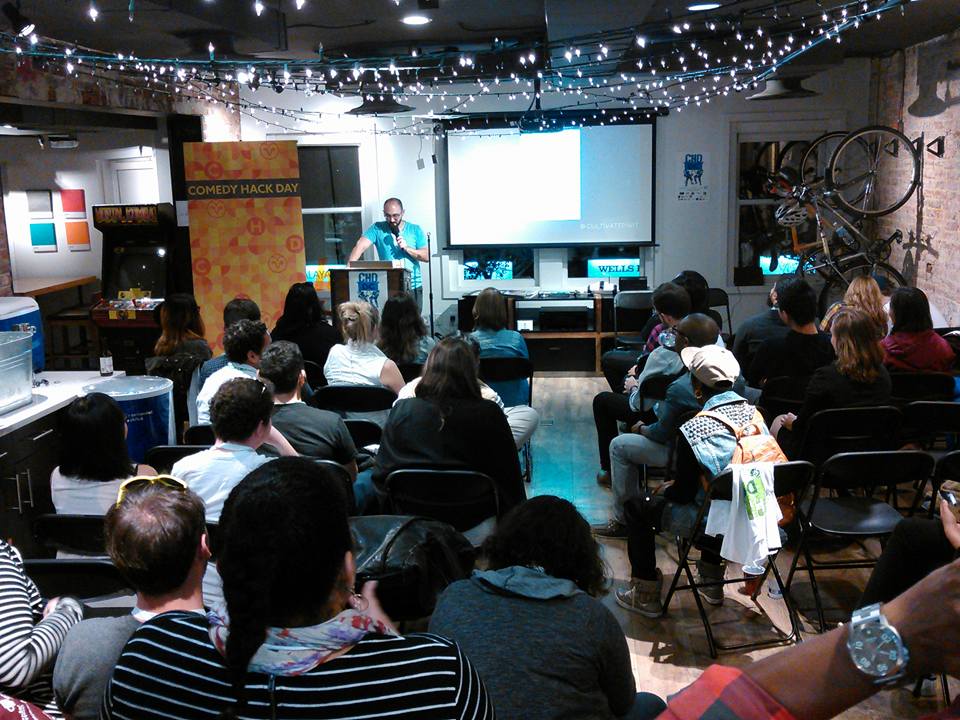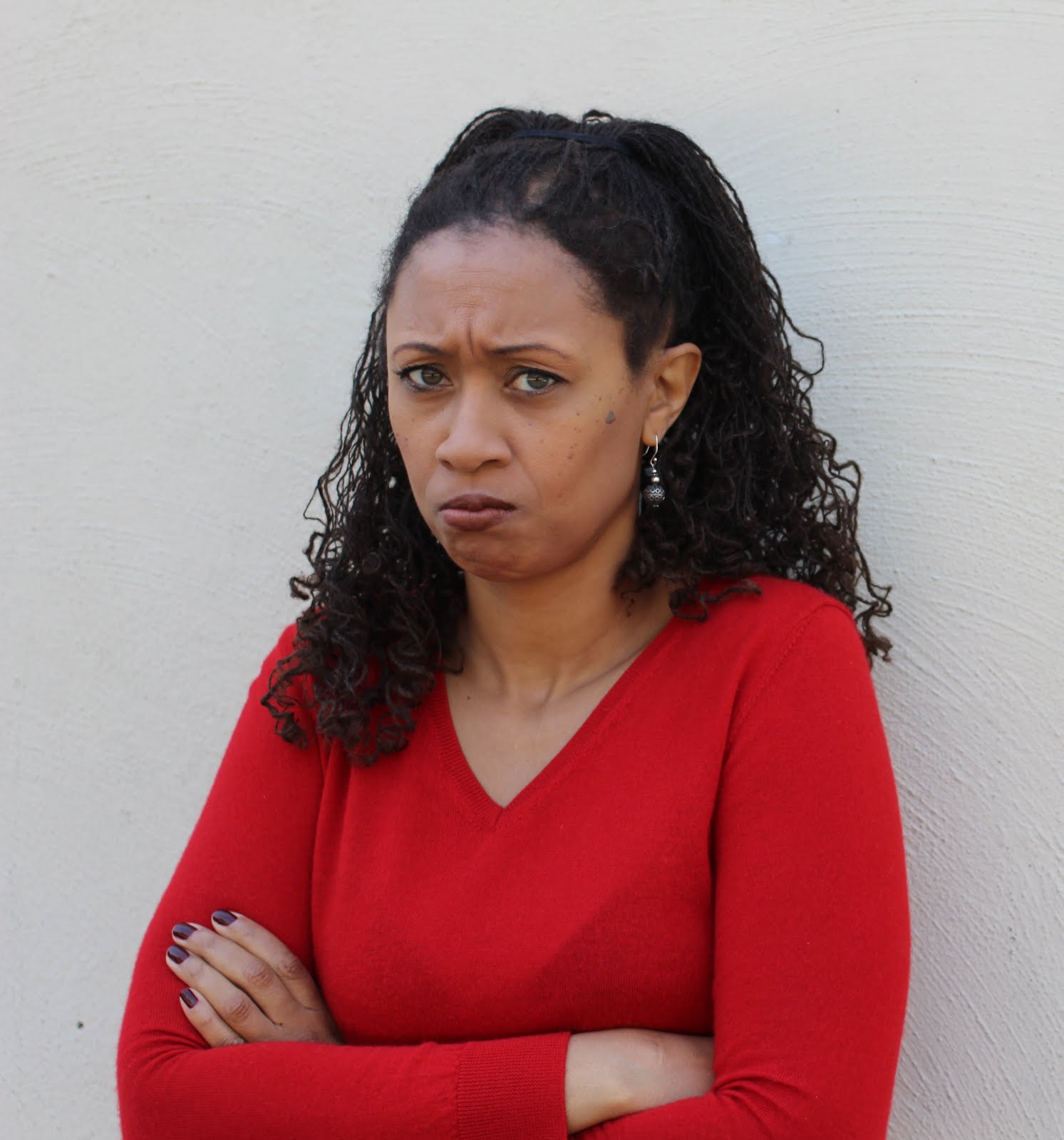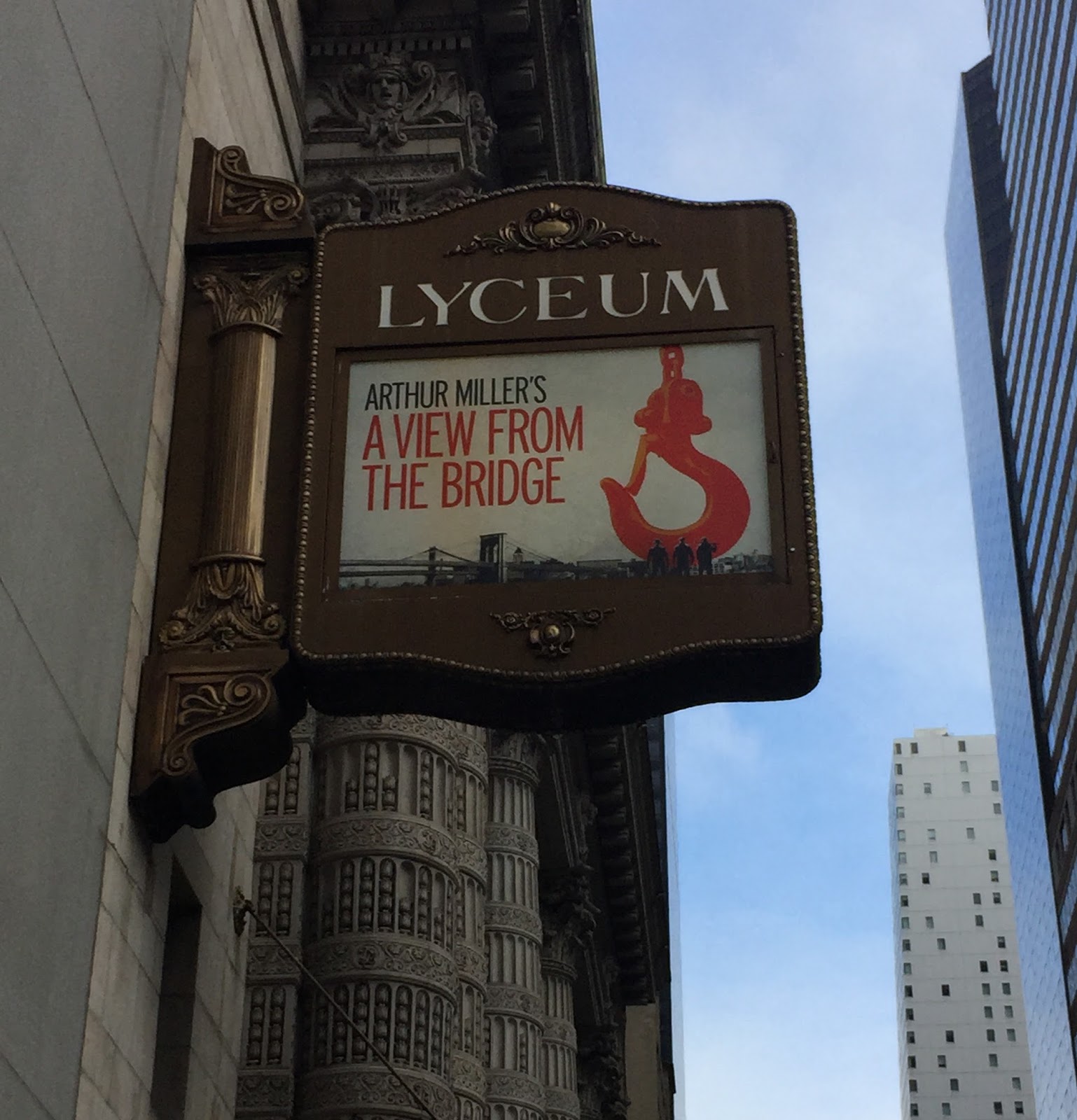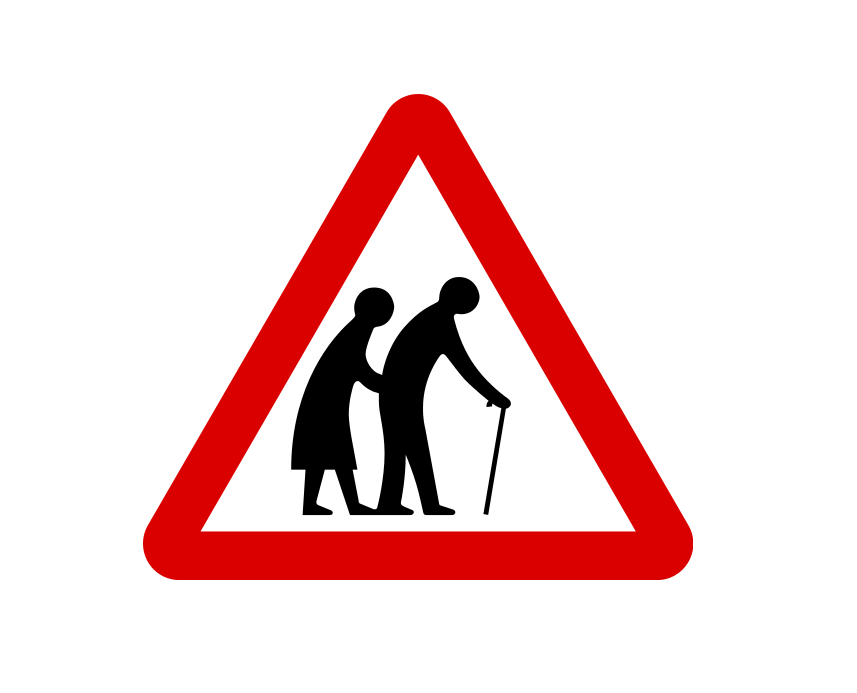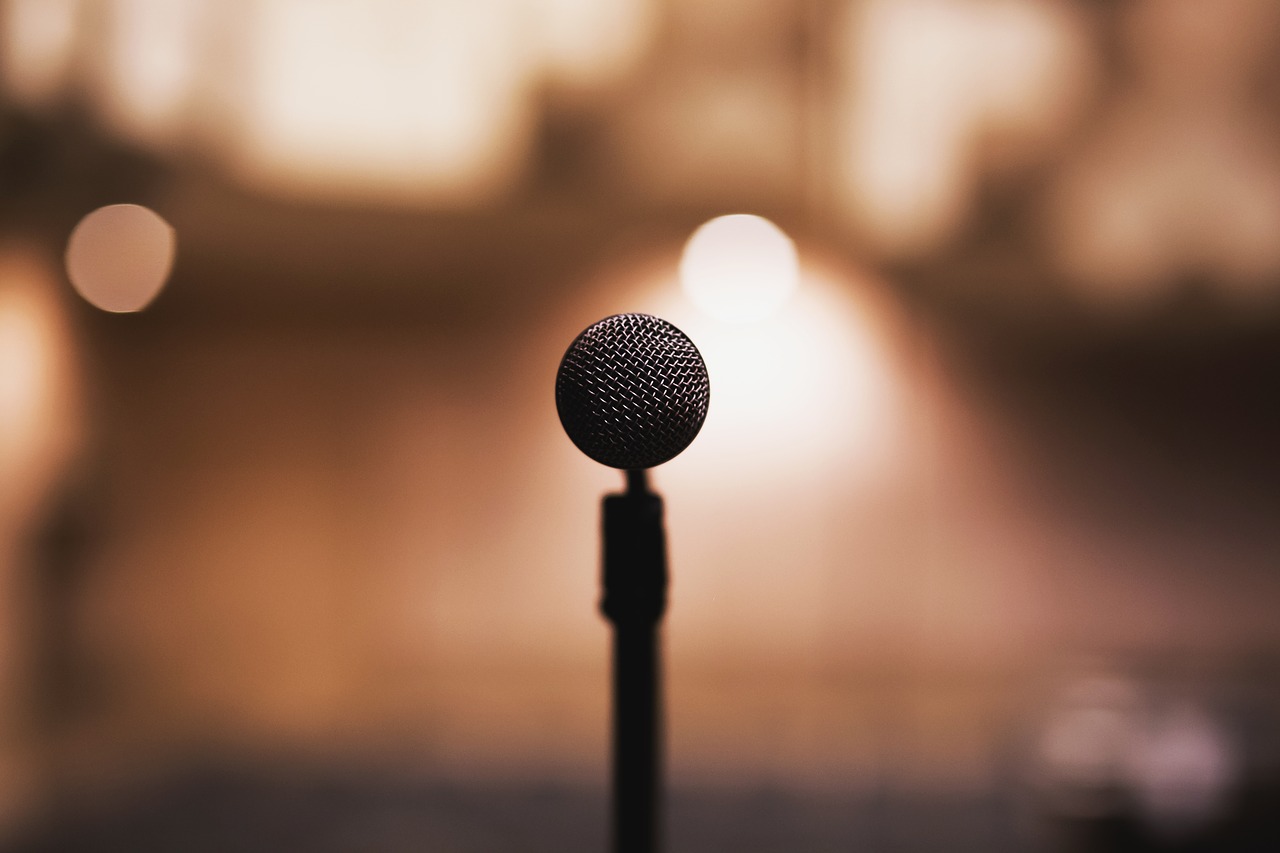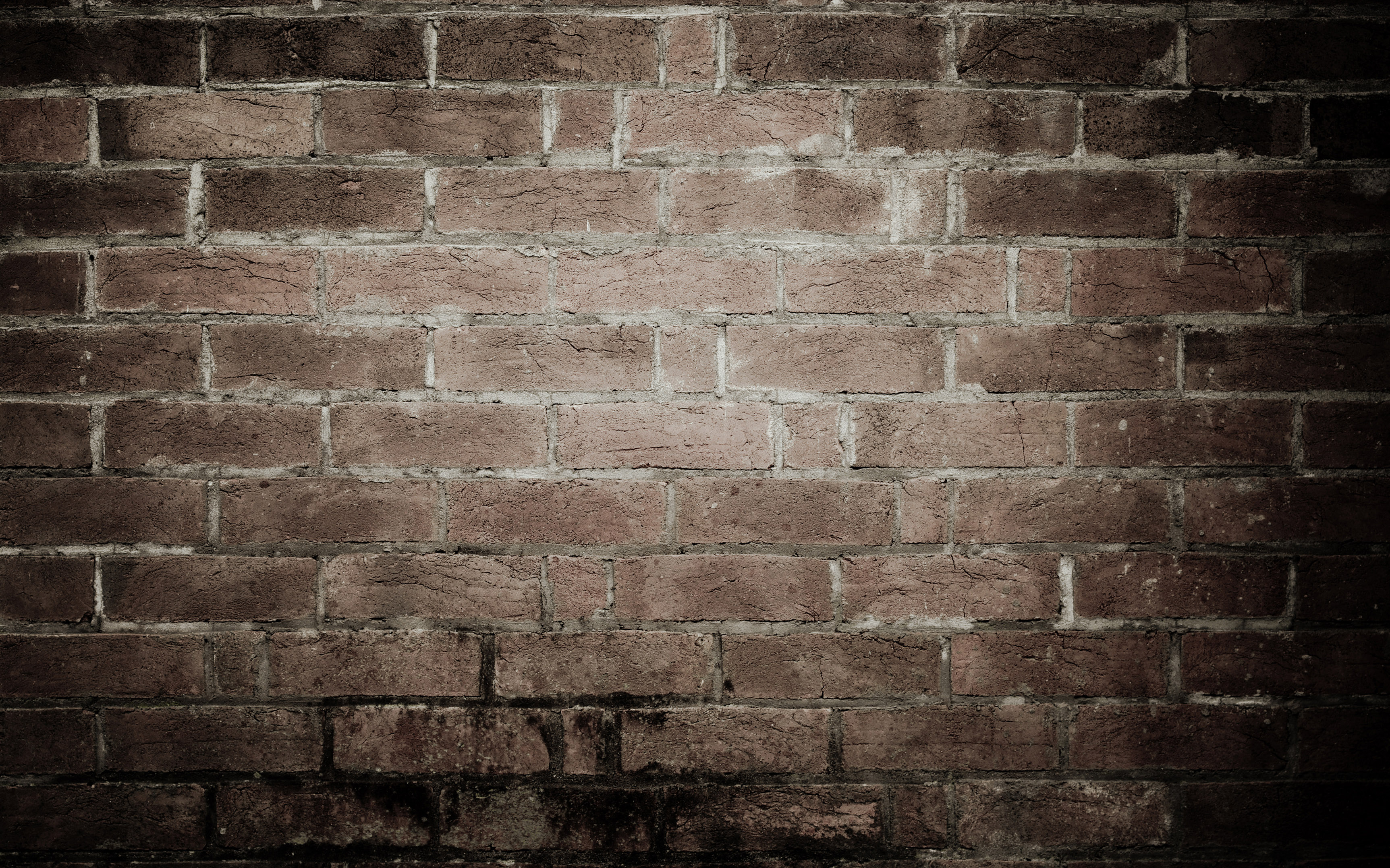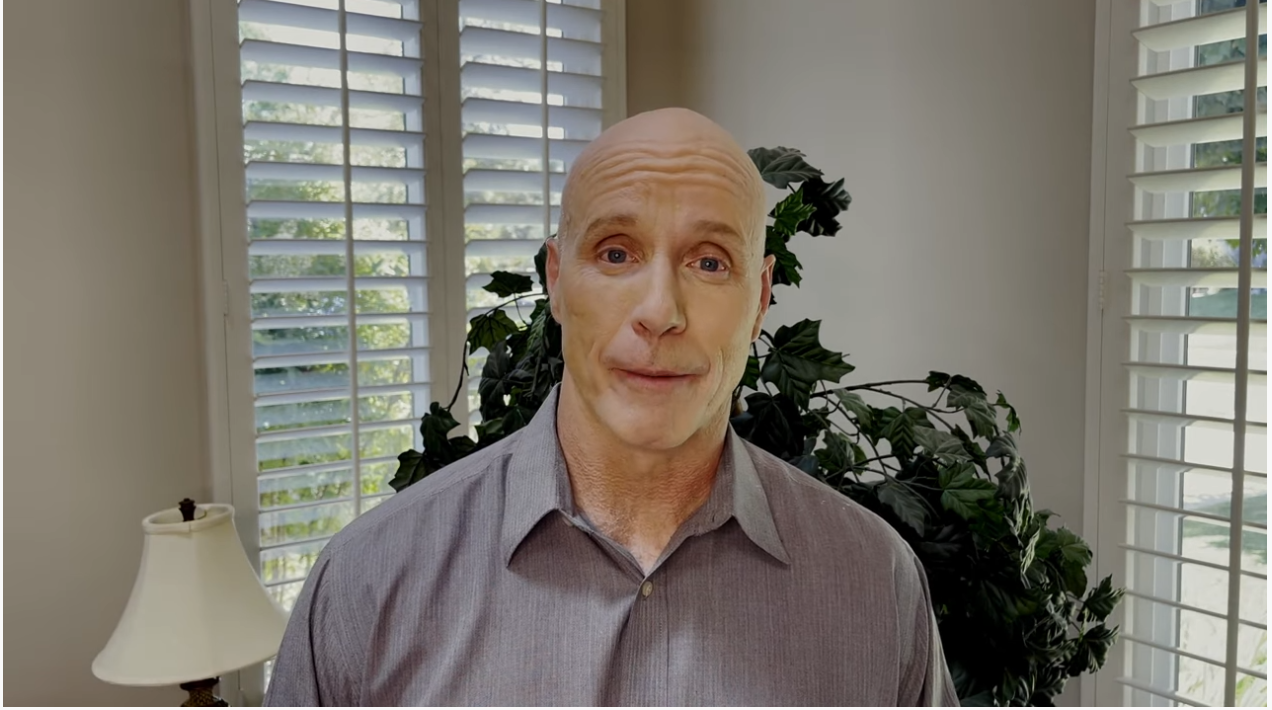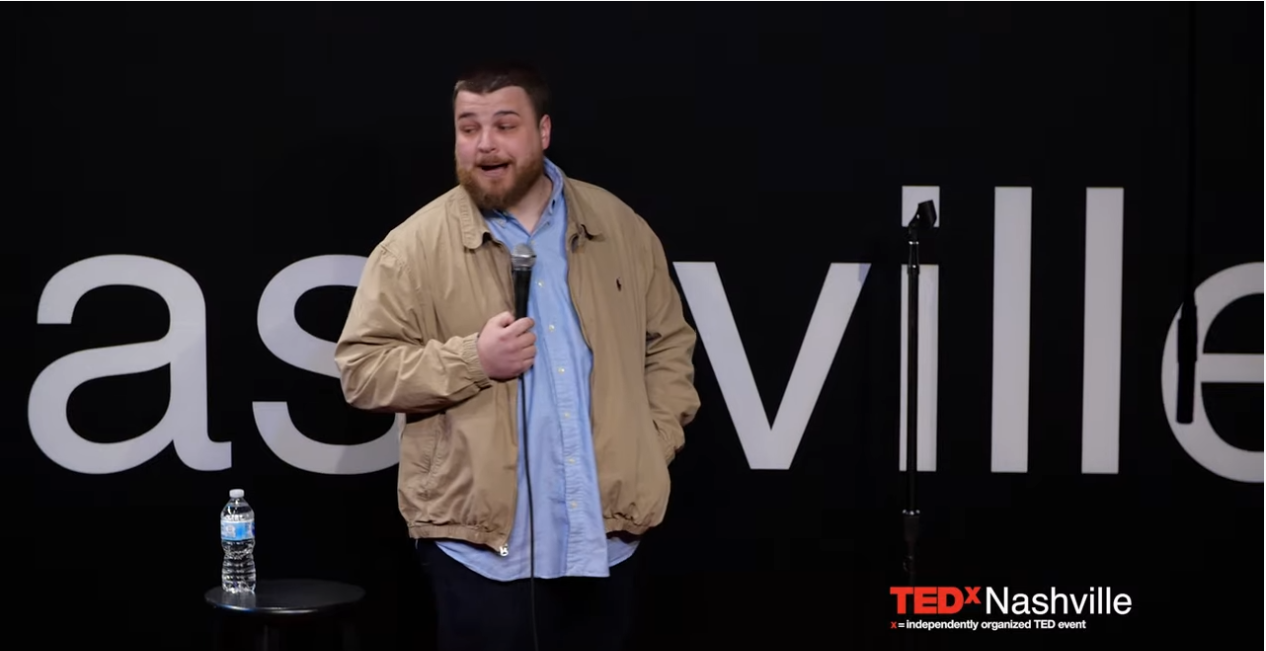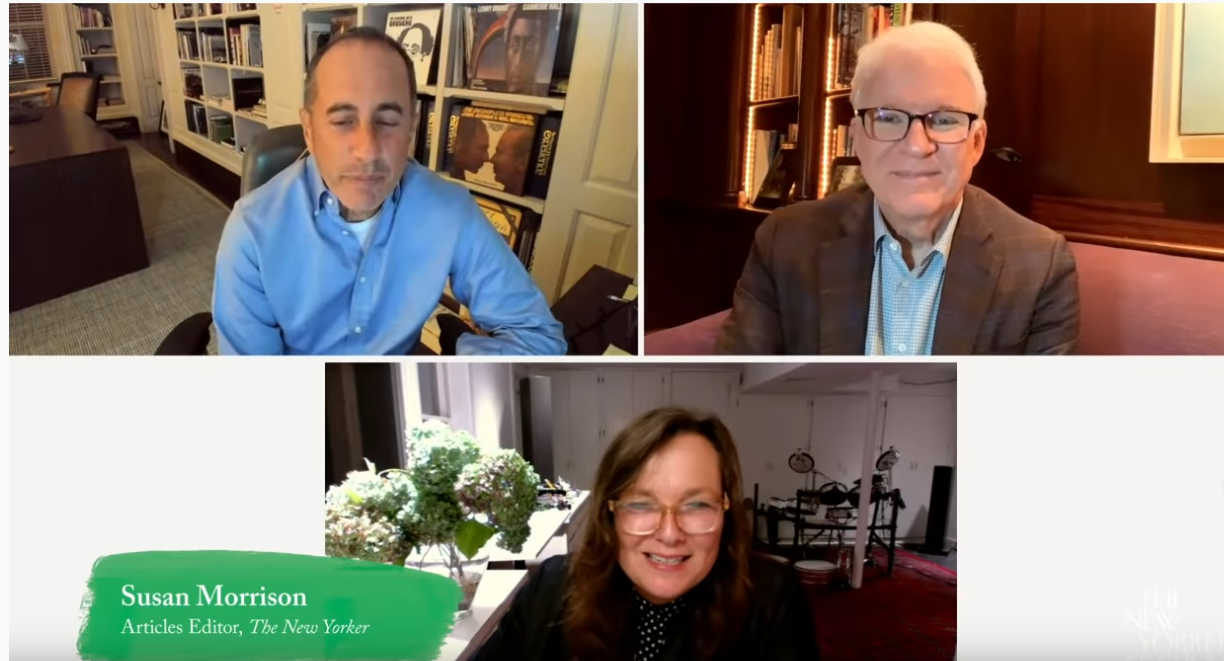 I’d like to think that I grew up in the comedy world. I would go as far as saying that the comedy scene is as much apart of who I am as is the race and culture I belong to. Ever since I can remember I grew up listening and watching comedy — from stand-up comedians performing on variety shows, specials or watching programs like Saturday Night Live, Kids In The Hall, and In Living Color. Granted, I most likely shouldn’t have been viewing these programs at that age, but I did nonetheless.
I’d like to think that I grew up in the comedy world. I would go as far as saying that the comedy scene is as much apart of who I am as is the race and culture I belong to. Ever since I can remember I grew up listening and watching comedy — from stand-up comedians performing on variety shows, specials or watching programs like Saturday Night Live, Kids In The Hall, and In Living Color. Granted, I most likely shouldn’t have been viewing these programs at that age, but I did nonetheless.
I was recently asked what I find funny, don’t find funny, and/or what jokes offend me. Because of my many years of listening to jokes and befriending some of the most controversial comedians in the scene, pointing out what I don’t find funny is a difficult task. I’m simply hard to offend.
As a Hispanic person, I joined in with my family’s Saturday night ritual of watching Sabados Felices, a Colombian program that features countless stand-up comedians and simple joke tellers. We also watched Que Locura from Venezuela, and other sketch comedy shows. Their jokes frequently commented on the conditions of their society. I recall some jokes, sketches or entire shows where the main characters were alcoholic fathers, uneducated children, social-climbing women, unhappy housewives, and even workingwomen. All of these figures completely known and familiar to Latin American people. Each household would be able to relate with the situations and characters presented. Political satire has also been a great part of the comedy scene in Latin America. These programs often poked fun at their governments, their political leaders, and presidents from all over the world.
In American television, I would see shows like In Living Color and Saturday Night Live touch upon important social issues. They would talk about poverty. They joked about race. I clearly remember Eddie Murphy’s sketch on how differently he was treated once he put on white make-up and lived a day in the life of a white man. On Chappelle’s Show, Dave Chappelle exposes moments in the life of Tron Carter, a crackhead trying to survive. He also went on to write sketches on sex, gun violence, and the entertainment industry. In one sketch written by Bryan Tucker, groups of races gather together to trade off multiracial people — a clear illustration on the problem with identity faced by many people, not only themselves, but how they are viewed by others. The first time I remember ever seeing openly homosexual people were on sketch shows like In Living Color and Kids in The Hall.
As a teenager in high school, I began watching programs like Tough Crowd with Colin Quinn. The show was formatted to be like The McLaughlin Group but made up entirely of stand-up comedians. It was watching this program that I fell in love with these crass comedians that spoke their mind and made jokes without reservation or a sense of consequence, openly and honestly discussing topics of the day — from politics to pop culture, from religion to Terri Schiavo. And although some of their jokes were sometimes too cringe-worthy for me, I still respected them for being able to write great jokes about these very controversial subjects. For me, there is no better sign of a great comedian than when they can make you laugh even when you feel you shouldn’t or don’t want to.
I eventually began sneaking, sometimes aided by the comedians themselves, into comedy clubs throughout New York City. There, I heard jokes about everything under the sun. One of my favorite comedians, Russ Meneve, would joke about rape, medical conditions, and bestiality. For example, one his jokes is “People like to have sex doggie-style. I like to do it human style. That’s where I make love to my dog on his back. What? I said make love. I love him…I mean, her….whatever. I’m fucking a dog at this point. Does it matter what sex it is? No one is going to say, ‘Hey! Stop that gay dog fucker.’” These are my friends. And they are the people who make me laugh about things that society tells us that we shouldn’t be laughing at. This is why I’m not easily offended. I’ve pretty much heard it all.
It’s a common belief that you can laugh at just about anything as long as it’s well written and doesn’t come from a bad place. Russ can joke about rape because you know that he doesn’t actually mean it. Jim Norton can joke about rape because you know that it’s just a joke. When you get the sense that the comedian is actually professing a distasteful stance on an actual issue, that’s when it’s no longer funny to me. But I must confess, there have been very few moments where I’ve seen this happen.
I’ve already mentioned my dislike of most racial comedy. I don’t enjoy them because there are countless comedians who rare absolutely dependent on their race for the majority of their sets. There are some people who are geniuses at doing this brand of humor, but they are few and far between. Most of this kind of comedy relies heavily on use of dumb stereotypes. Regardless of how funny a comedian can make his or her race out to be (which does work), they isolate themselves from a broader audience, typecasting their comedy when they concentrate on this sole aspect for their entire material. I’m also not a fan of the overly energetic brand of comedy, where comedians remove the written craft and replace it with physical humor. Seeing a grown man almost dislocate bones and act like a fool on stage just isn’t funny to me. I’d much prefer to see someone like Todd Barry just stand or sit on a dark stage and whisper brilliant lines into a microphone.
If something is funny, it’s funny. If someone makes you laugh about a taboo subject or something you feel you shouldn’t be laughing at, it’s a testament to the skill of that comedian to write jokes. In fact, by all means, try to offend me. It’ll just mean that you’ve thought hard and worked at constructing your material to do so. Nothing pleases me more than some well-written, developed jokes.


